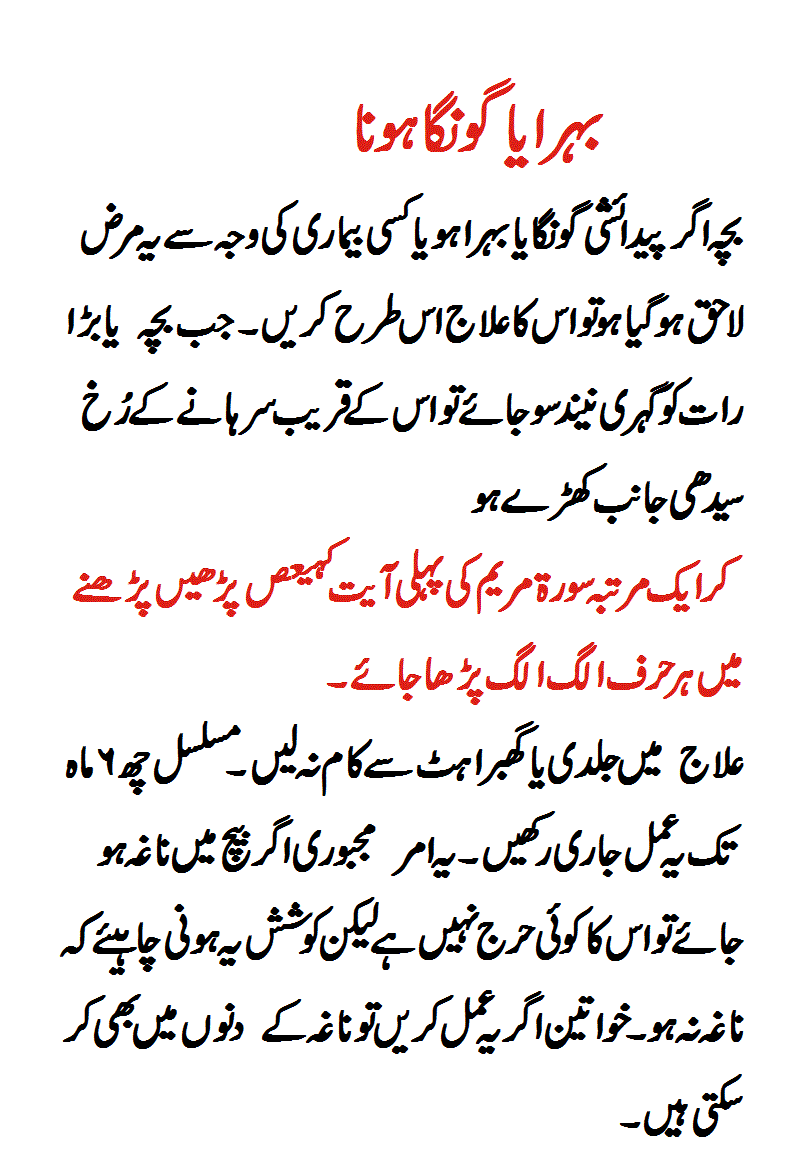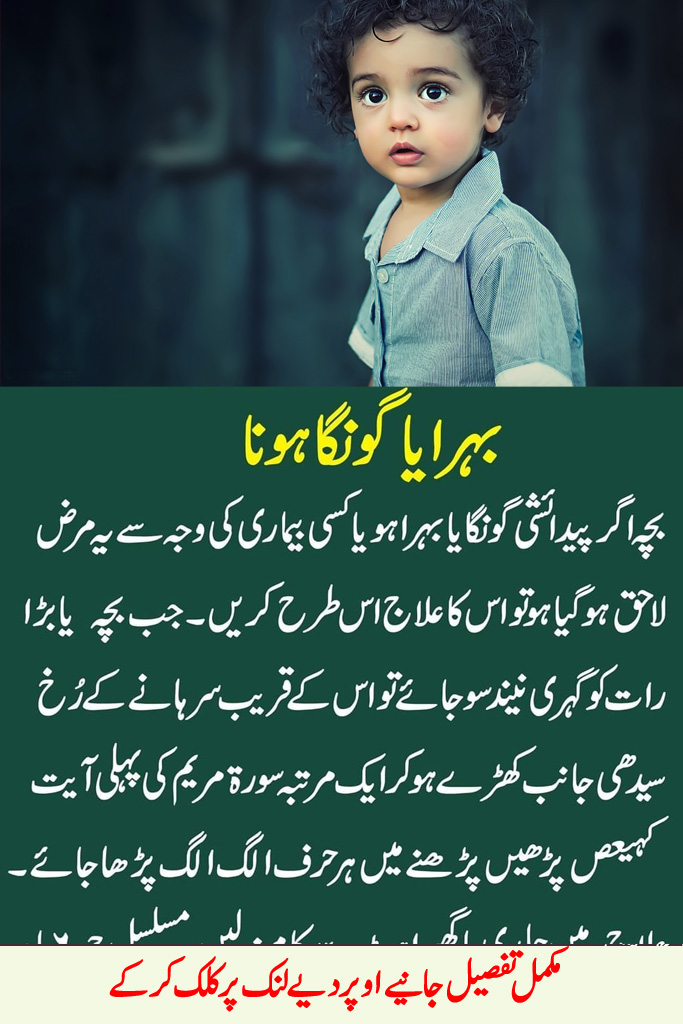Deaf and hard of hearing people have the right to choose what they wish to be called, either as a group or on an individual basis. Overwhelmingly, deaf and hard of hearing people prefer to be called “deaf” or “hard of hearing”. Nearly all organizations of the deaf use the term “deaf and hard of hearing”, and the National Association of the Deaf (NAD) is no exception. The World Federation of the Deaf (WFD) voted in 1991 to use “deaf and hard of hearing” as an official designation.
Yet there are many people who persist in using terms other than “deaf” and “hard of hearing”. The alternative terms are often seen in print, heard on radio and television, and picked up in casual conversations all over. Let’s take a look at the three most-used alternative terms.

Deaf and Dumb – A relic from the medieval English era, this is the granddaddy of all negative labels pinned on deaf and hard of hearing people. The Greek philosopher, Aristotle, pronounced us “deaf and dumb”, because he felt that deaf people were incapable of being taught,
of learning, and of reasoned thinking. To his way of thinking, if a person could not use his/her voice in the same way as hearing people, then there was no way that this person could develop cognitive abilities. (Source: Deaf Heritage, by Jack Gannon, 1980)
In later years, “dumb” came to mean “silent”. This definition still persists, because that is how people see deaf people. The term is offensive to deaf and hard of hearing people for a number of reasons. One, deaf and hard of hearing people are by no means “silent” at all. They use sign language, lip-reading,
vocalizations, and so on to communicate. Communication is not reserved for hearing people alone, and using one’s voice is not the only way to communicate. Two, “dumb” also has a second meaning: stupid. Deaf and hard of hearing people have encountered plenty of people who subscribe
to the philosophy that if you cannot use your voice well, you don’t have much else “upstairs”, and have nothing going for you. Obviously, this is incorrect, ill-informed, and false. Deaf and hard of hearing people have repeatedly proved that they have much to contribute to the society at large
